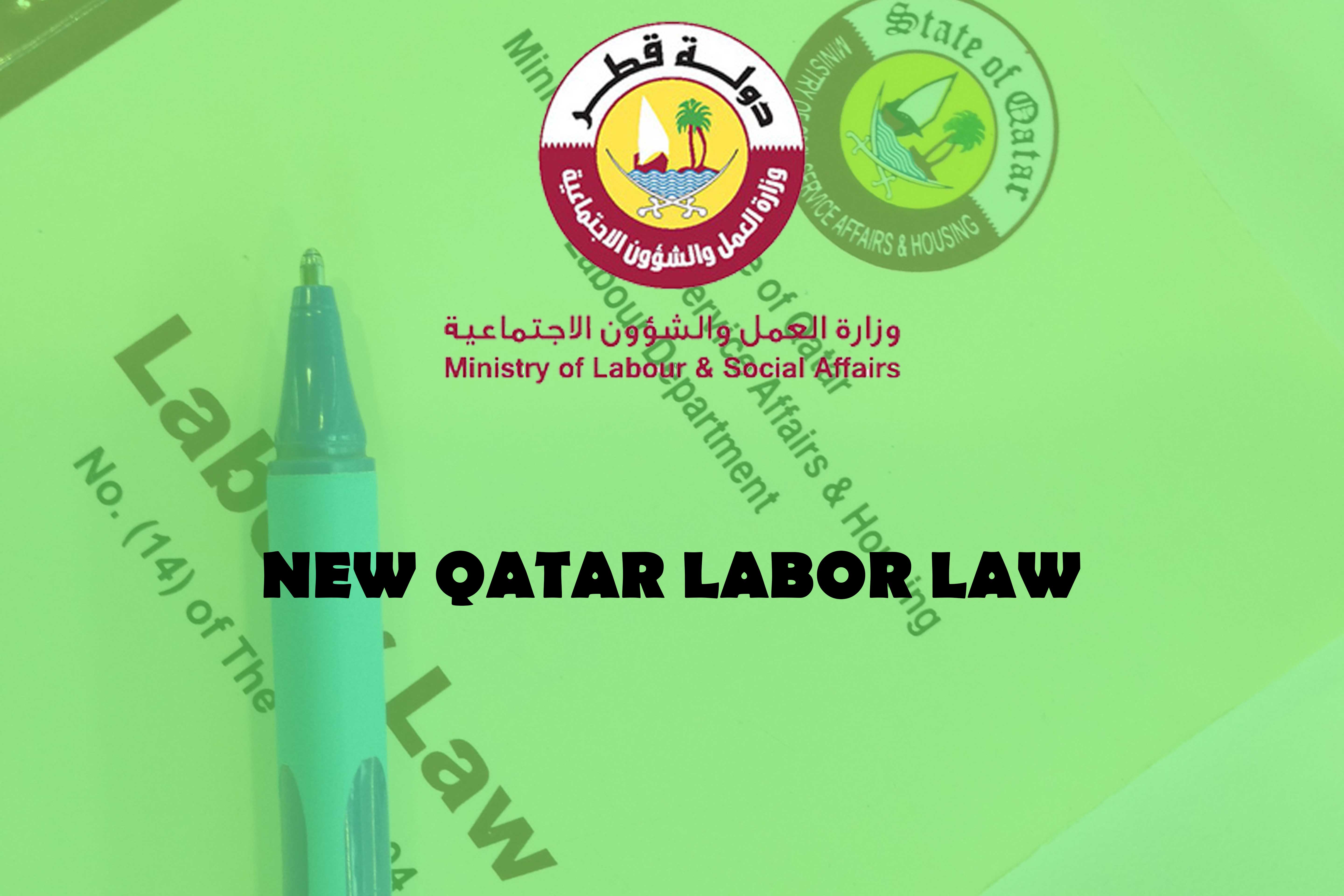
- admin
- General News
- 3/14/2017 12:00:00 AM
- Rating:
Qatar introduces changes to Labour Law
Labour ministry urges patience with reforms, but Amnesty International says changes are insufficient.
The Qatari government has introduced a new labour law which it says will bring "tangible benefits" to workers in the country.
The new regulations, aimed at making it easier for migrant workers to change jobs and leave the country, came into effect on Tuesday.
"The new law is the latest step towards improving and protecting the rights of every expatriate worker in Qatar," Issa al-Nuaimi, labour minister, said in a statement.
Labour ministry urges patience with reforms, but Amnesty International says changes are insufficient.
The Qatari government has introduced a new labour law which it says will bring "tangible benefits" to workers in the country.
The new regulations, aimed at making it easier for migrant workers to change jobs and leave the country, came into effect on Tuesday.
"The new law is the latest step towards improving and protecting the rights of every expatriate worker in Qatar," Issa al-Nuaimi, labour minister, said in a statement.
The Arab Gulf state is one of the wealthiest in the world, but its treatment of foreign workers from countries such as India, Nepal and Bangladesh has come under scrutiny as it spends billions of dollars on building new infrastructure in the run-up to hosting the 2022 football World Cup.
A work-sponsorship system, known as Kefala, currently requires all foreign workers to obtain their employer's consent to travel abroad or switch jobs, a measure that rights groups say leaves workers prone to exploitation and forced labour.
The reforms will establish the creation of state-run "grievance committees" to which workers can appeal if employers deny them permission.
They will also allow workers who have completed contracts to change jobs freely and imposes fines of up to 25,000 riyals ($6,860) on businesses that confiscate employees' passports.
The Arab Gulf state is one of the wealthiest in the world, but its treatment of foreign workers from countries such as India, Nepal and Bangladesh has come under scrutiny as it spends billions of dollars on building new infrastructure in the run-up to hosting the 2022 football World Cup.
A work-sponsorship system, known as Kefala, currently requires all foreign workers to obtain their employer's consent to travel abroad or switch jobs, a measure that rights groups say leaves workers prone to exploitation and forced labour.
The reforms will establish the creation of state-run "grievance committees" to which workers can appeal if employers deny them permission.
They will also allow workers who have completed contracts to change jobs freely and imposes fines of up to 25,000 riyals ($6,860) on businesses that confiscate employees' passports.